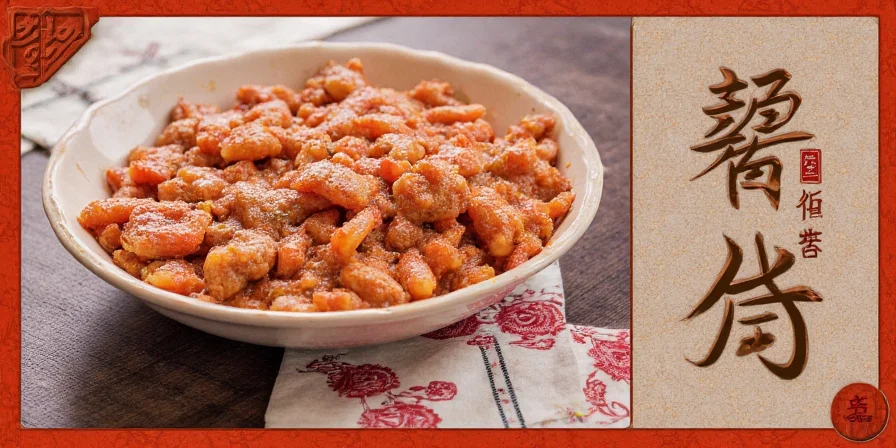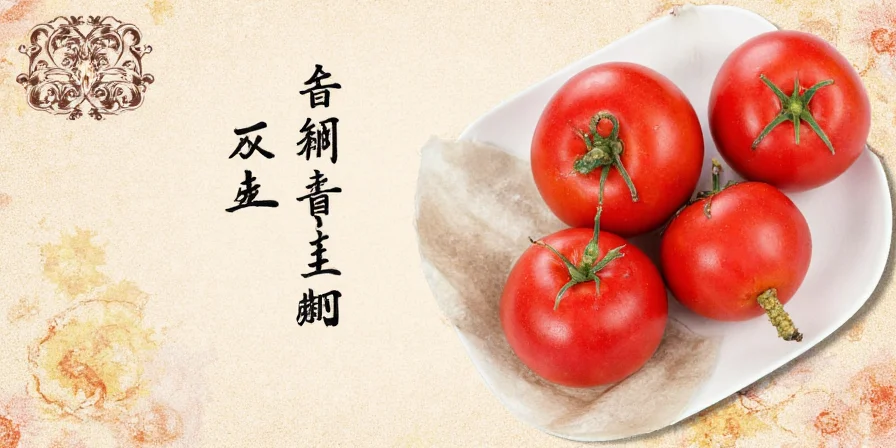Onion Overload: Which Allium Reigns Supreme in Your Chili? 🧅🌶️
If you've ever bitten into a spoonful of chili and thought, "This is good... but something's missing," you might not be reaching for the right onion. Onions are like the unsung heroes of your chili pot—they build flavor from the ground up. But not all onions are created equal! In this post, we're diving deep into the Spice Basics world to uncover the best onion for chili.
Table of Contents
- Why Onions Matter in Chili
- The Onion Lineup: A Flavor Face-Off
- Top Pick: Yellow Onions (Mostly)
- Other Great Options for Different Styles
- Pro Tips for Cooking with Onions in Chili
- Visual Comparison Table
- Final Thoughts
Why Onions Matter in Chili
Let’s get one thing straight—onions aren’t just there for texture or crunch. They’re the flavor foundation of your chili. When sautéed properly, they release natural sugars and create that rich, umami base that makes chili so comforting.

Depending on the type of onion, you can dramatically change the character of your dish:
- Sweet onions = smoother, mellow finish
- Strong onions = bold, sharp kick
- Red onions = fruity, tangy surprise
The Onion Lineup: A Flavor Face-Off
Let’s meet the contenders in our culinary showdown!
- Yellow Onions – The classic choice
- White Onions – Sharp and punchy
- Red Onions – Fruity and slightly sweet
- Shallots – Sophisticated and subtle
- Sweet Onions (Vidalia, Walla Walla) – Mellow and buttery
Quick Comparison Summary
| Type | Flavor Profile | Best For |
|---|---|---|
| Yellow | Rich, sulfurous, savory | Classic beef chili |
| White | Crunchy, sharp, bold | Mexican-style chilis |
| Red | Earthy, tangy, colorful | Veggie chilis or garnish |
| Shallots | Delicate, gourmet, aromatic | Fancy or French-inspired chili |
| Sweet (Vidalia) | Buttery, mild, caramelized | Sweet-spicy fusion chili |

Top Pick: Yellow Onions (Mostly)
When it comes down to it, yellow onions are the MVP of the chili pot. They’re widely available, affordable, and deliver that deep, robust flavor that forms the backbone of traditional chili recipes.

Why Yellow Onions Win:
- High sulfur content gives that “meaty” depth
- Caramelize beautifully when cooked low and slow
- Stand up well to long cooking times
- Add complexity without overpowering other spices
Other Great Options for Different Styles
If you're feeling adventurous—or if your recipe leans toward a specific flavor profile—you might want to switch it up.
White Onions – The Mexican Style Secret Weapon
Commonly used in authentic Mexican cooking, white onions offer a bright, snappy flavor that pairs perfectly with cumin, garlic, and chipotle peppers.

Red Onions – Color & Contrast
Use red onions if you're making a veggie chili or topping your bowl raw for color and tanginess. They add a refreshing contrast to smoky flavors.
Shallots – Gourmet Touch
For those who prefer their chili with a refined palate, shallots offer a complex, nuanced sweetness without the harshness of regular onions.
Sweet Onions – Sweet & Spicy Fusion
Vidalia or Walla Walla onions bring a soft, sugary note that balances fiery chilies nicely. Perfect for fusion styles or sweeter regional takes.

Pro Tips for Cooking with Onions in Chili
Want to unlock the full potential of your onions in chili? Here are some pro tips to level up your game:
- Slice thinly: Thin slices cook more evenly and infuse flavor faster.
- Sweat them out: Don’t rush the sauté. Let onions sweat slowly over medium heat until translucent.
- Use oil with flavor: Try avocado oil or bacon fat for an extra layer of richness.
- Add salt early: Helps draw out moisture and speeds up the caramelization process.
- Don’t overcrowd the pan: Too many onions at once means steaming instead of browning.
Bonus Tip: The Raw vs Cooked Debate
While most chili recipes call for cooked onions, don't forget about using raw red onions as a garnish:
- Chopped fine and tossed with lime juice = zesty pop
- Great on top of vegan or bean-based chilis
- Perfect for serving with sour cream and cilantro
Visual Comparison Table
| Type | Texture (Raw) | Flavor (Cooked) | Cook Time Needed | Best Used In |
|---|---|---|---|---|
| Yellow | Firm, papery | Rich, savory, deep | Medium-High | Traditional beef chili |
| White | Crispy, juicy | Sharp, tangy | Low-Medium | Mexican or Tex-Mex chili |
| Red | Crunchy, moist | Fruity, earthy | Low | Garnish or veggie chili |
| Shallots | Tender, delicate | Nutty, floral | Medium | Elevated or gourmet chili |
| Sweet | Juicy, soft | Buttery, mild | Medium-High | Fusion or sweet-spiced chili |

Final Thoughts
Choosing the best onion for chili isn’t just about tossing in whatever you have in the fridge. It’s about understanding how each type contributes to the final flavor, texture, and personality of your dish.

In summary:
- Stick with yellow onions for classic, hearty chili
- Experiment with white or sweet onions for unique twists
- Use red onions raw or for garnish to add brightness
- Try shallots for a gourmet approach
So next time you’re prepping your chili, pause before you dice—and ask yourself: “Which onion will make this pot sing?”
Remember:
- The right onion can elevate your chili from average to amazing.
- Understanding flavor profiles helps match the onion to your chili style.
- Technique matters—don’t rush the sauté!











 浙公网安备
33010002000092号
浙公网安备
33010002000092号 浙B2-20120091-4
浙B2-20120091-4